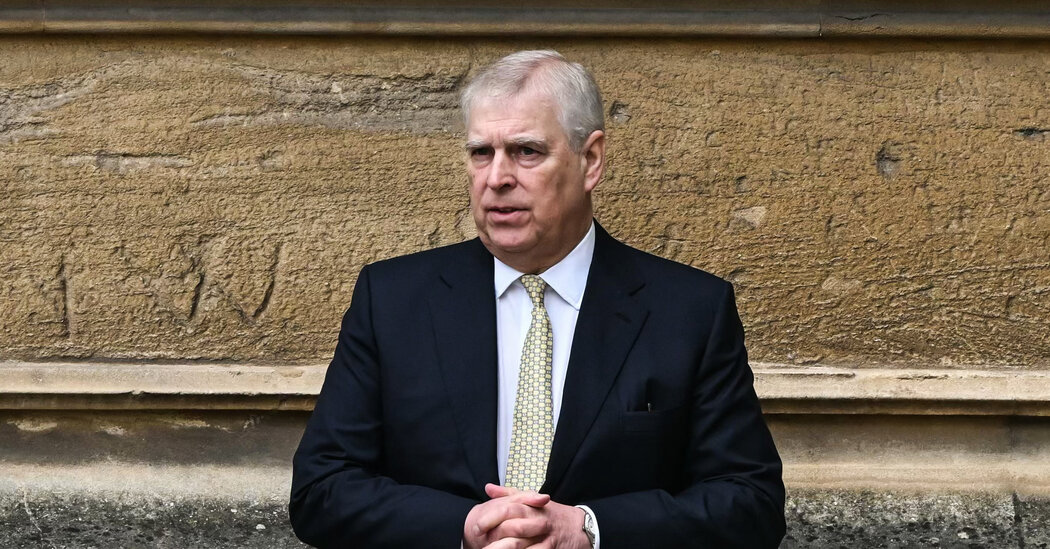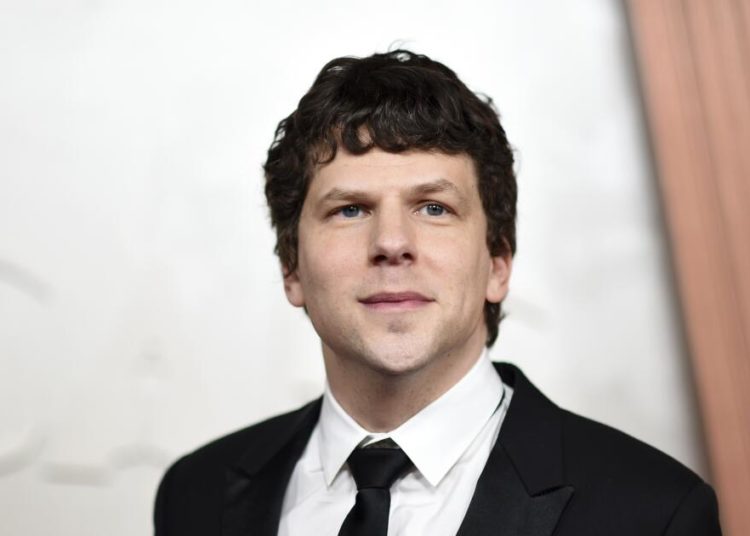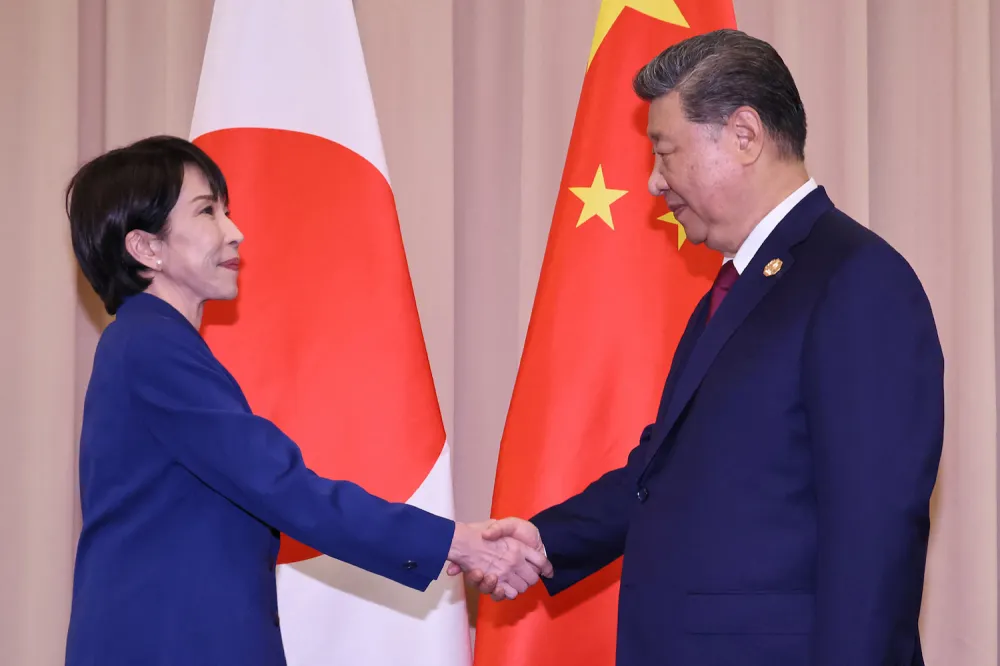For more than a decade, the ties between Prince Andrew, the brother of King Charles III, and the convicted sex offender Jeffrey Epstein have cast a shadow over Britain’s royal family. On Thursday, the king sought to end a scandal that has chipped away at the reputation of the monarchy by stripping Andrew of his remaining royal titles and evicting him from the mansion where he has lived.
Here’s a guide to what the king has decided, and what happens now to Andrew and his family.
Why has this happened now?
Accusations linked to his ties with Mr. Epstein have shadowed Andrew for years. In 2022, he settled a lawsuit brought by Virginia Giuffre, a woman who accused him of sexually abusing her while she was a teenage victim of Mr. Epstein. He did not admit any of her accusations and he has continued to deny wrongdoing.
But the publication this month of a posthumous memoir by Ms. Giuffre, who died by suicide in April, made his position increasingly untenable.
Public opinion had hardened against Andrew in recent weeks to such an extent that some lawmakers were demanding action to ensure that he relinquished his honors.
Discussion of Andrew had begun to drown out other royal activities. It generated negative headlines even on the day the king, who is the nominal head of the Church of England, prayed alongside Pope Leo at the Vatican — a huge moment of symbolism between the leaders of two Christian denominations. During a recent public appearance, the king was heckled by a member of the public about his brother.
In an illustration of the public’s mood, the audience of a BBC discussion show applauded spontaneously on Thursday night when the decision to strip Andrew of his title was announced.
What exactly has Andrew lost?
Andrew, 65, will no longer be able to call himself a prince, and will instead be known as Andrew Mountbatten Windsor. The name Mountbatten Windsor was created in 1960, combining the surnames of Queen Elizabeth II and Prince Philip when they married.
He will also have to relinquish other royal titles, including Earl of Inverness and Baron Killyleagh, and he will no longer have the right to be called “His Royal Highness,” an honorific he agreed to stop using as part of a previous royal rebuke in 2022. The ceremonial honors of Order of the Garter and Knight Grand Cross of the Victorian Order will also be removed.
Andrew had already surrendered the title of Duke of York earlier in October.
He will technically remain eighth in line to the throne, despite losing his titles, though there is no realistic prospect of him ever becoming monarch.
Andrew will also have to move out of his home at the Royal Lodge in Windsor, a 30-room Georgian mansion which sits in 98 acres of land and has been his home since 2003.
Where will he live?
Andrew’s living arrangements will now be funded by the king. He is expected to take up residence on the royal estate in Sandringham, Norfolk, which is privately owned by the monarch.
What is the process for firing a prince?
The king will send royal warrants, legal documents that require the king’s signature for certain public actions to be authorized, to Britain’s justice minister and lord chancellor, David Lammy. They will request that Mr. Lammy remove the title of prince as well as the honorific “His Royal Highness” from the Peerage Roll, which sets out royal and aristocratic titles in Britain. The change is not expected to require Parliament to pass legislation.
What happens to Andrew’s daughters?
Both Beatrice, 37, and Eugenie, 35, will remain princesses. They will also keep their places in the line of succession — ninth and 12th — because they are the daughters of the son of a sovereign, in line with King George V’s Letters Patent of 1917.
What are Letters Patent?
They are a legal document authorized by the monarch, usually on ministerial advice, making public appointments or conferring honors and to which the Great Seal of the Realm, the official seal of the monarch, is affixed.
What about Andrew’s ex-wife?
Andrew’s former wife, Sarah Ferguson, 66, has also lived at Royal Lodge in Windsor but will now move out and receive no further support from the royal family. Ms. Ferguson, who was divorced from Andrew in 1996 but stayed on good terms with her ex-husband, ceased to be a duchess when Andrew lost the use of his Duke of York title.
Stephen Castle is a London correspondent of The Times, writing widely about Britain, its politics and the country’s relationship with Europe.
The post What’s Next for Andrew After He Loses His Royal Titles? appeared first on New York Times.




